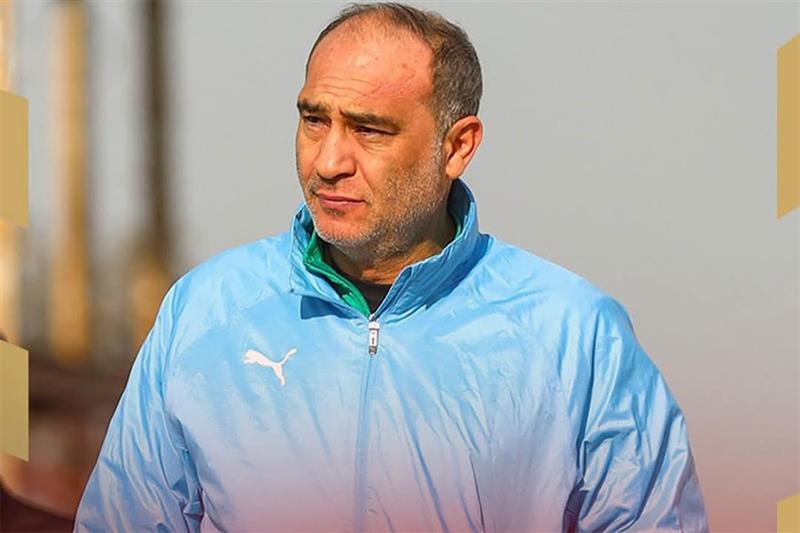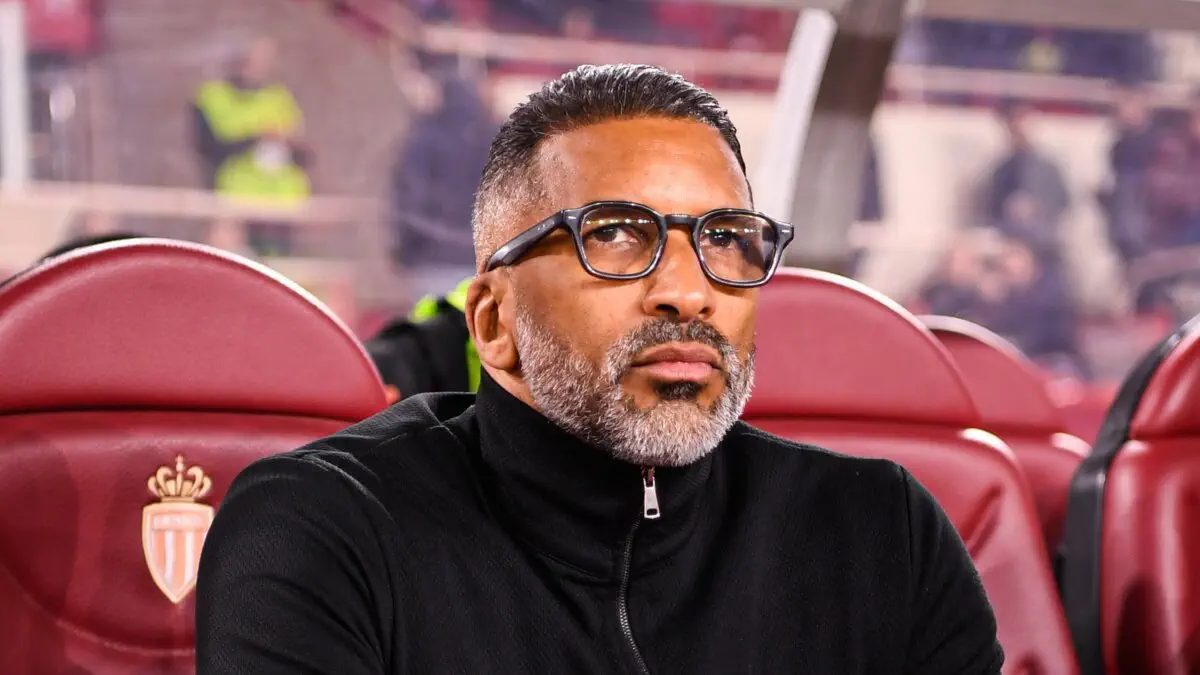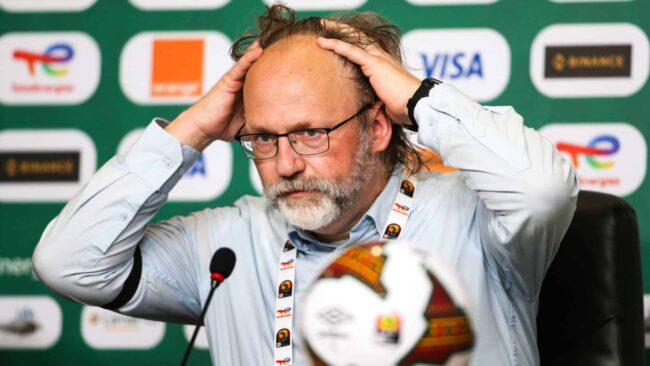Wydad Athletic Club of Casablanca, Morocco’s most decorated football institution, enters the FIFA Club World Cup representing not only a proud domestic legacy but also a deeper cultural and historical significance.
As the club prepares to face Manchester City and Pep Guardiola’s side in the United States, three little-known facts help shed light on the unique stature Wydad holds in both Moroccan and African football.
Born in Resistance: A Club Founded Under Colonial Rule
Wydad’s origins trace back to a period of political struggle. Founded in 1937, the club came to life during the era of the French protectorate in Morocco—a time when colonial policies significantly limited indigenous access to public resources, including sports facilities.
To navigate these restrictions, a group of Moroccan nationalists turned to water polo, a sport considered by colonial administrators to be non-political and relatively innocuous.
This strategic choice led to the formation of what would eventually become Wydad Athletic Club. Initially established as a swimming club, Wydad quickly expanded into other sports, including football, which soon became its core identity.
The club’s name, “Wydad,” was inspired by an Egyptian film popular among the founders at the time. The circumstances of Wydad’s founding gave it a powerful symbolic identity—transforming it from a simple sports team into a subtle form of resistance and a symbol of national pride under foreign rule.
A Continental Power That Nearly Crossed into Europe
While Wydad is widely celebrated for its dominance in African football—with Moroccan league titles and three CAF Champions League crowns (1992, 2017, 2022) to its name—few remember how close the club came to making an unexpected foray into European football.
In 1987, following impressive performances and growing popularity across the Mediterranean, Wydad received an informal invitation from the Spanish Football Federation to participate in a friendly tournament featuring top La Liga sides.
The idea sparked a wave of excitement in Moroccan sports media, with speculation that the club could even be considered for regular competition in a European league—an audacious and unprecedented notion at the time.
Though the proposal never materialized into anything official, it stands as a reflection of Wydad’s growing international reputation during the late 20th century. The episode illustrated the club’s reach beyond its borders and the fascination it inspired among European football observers.
Admired by Rivals: The Club That Sets Standards Across Africa
Despite fierce rivalries, particularly with fellow North African giants, Wydad is often held in high esteem across the African continent. In 2021, a pan-African football scouting network ranked Wydad among the three most influential clubs in Africa, alongside Egypt’s Al Ahly and DR Congo’s TP Mazembe.
The club’s influence stems not only from its competitive success but also from its organizational structure and commitment to youth development. Over the years, Wydad has produced a steady stream of talent, both on and off the pitch.
Among the notable figures who emerged from the club’s ranks is Walid Regragui, who managed Wydad during their 2021–2022 campaign before going on to coach the Moroccan national team.
In addition, Wydad has built strong ties with clubs and footballing institutions across sub-Saharan Africa. These relationships have facilitated numerous player transfers and loan agreements, enhancing the club’s diplomatic footprint in the region and reinforcing its reputation as a continental leader.
As Wydad Casablanca takes the global stage at the FIFA Club World Cup, its rich past and far-reaching influence continue to shape its identity. Beyond the trophies and accolades, the club’s story is one of resilience, ambition, and a legacy that extends far beyond Morocco’s borders.











